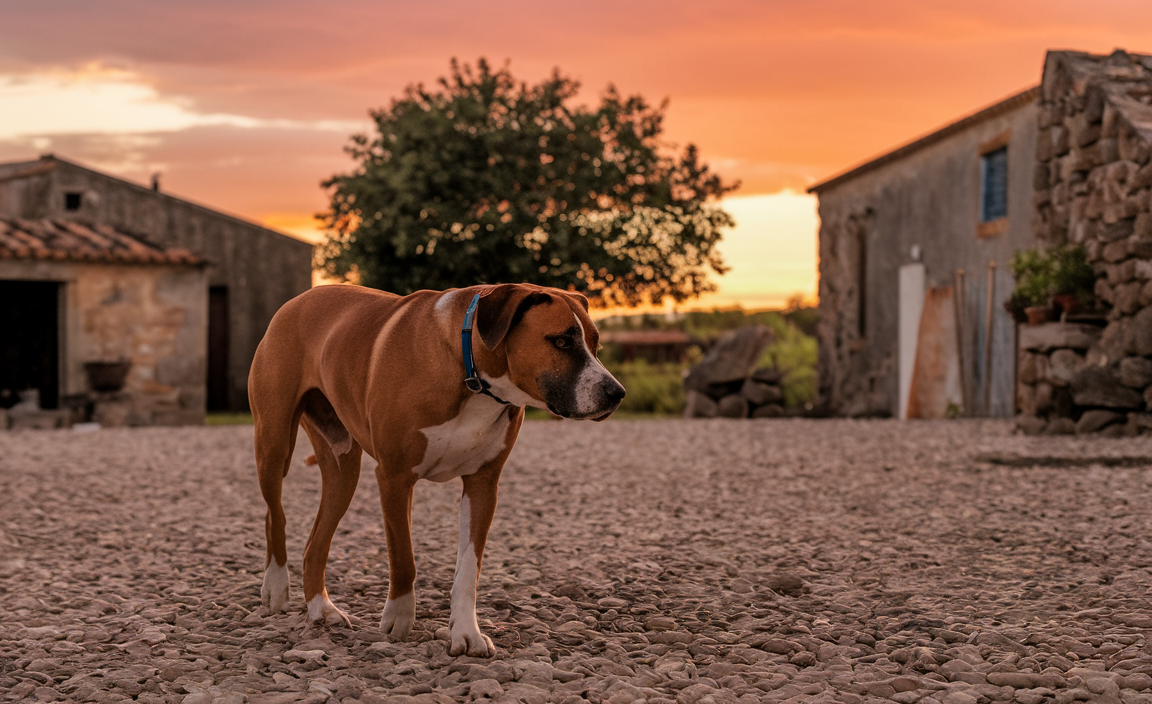In the realm of extraordinary animal stories, few have captured global attention quite like Bobi, the Portuguese dog who claimed the title of the world's oldest dog. His remarkable tale of alleged longevity sparked worldwide fascination and intense scrutiny, ultimately revealing the complex challenges of verifying extraordinary animal age claims.
From a small farm in Portugal to international headlines, Bobi's story is a fascinating exploration of canine longevity, record-keeping, and the rigorous standards of world record verification.
Bobi: The Dog Who Challenged Age Expectations
Bobi, a Rafeiro do Alentejo from Portugal, seemingly defied all biological expectations by reportedly living to an astounding 31 years of age. This extraordinary claim far exceeded the typical 12-14 year lifespan of his breed, immediately drawing attention from veterinarians, researchers, and animal enthusiasts worldwide.
The Initial Record-Breaking Claim
Originally certified by Guinness World Records, Bobi was celebrated as both the oldest living dog and the oldest dog ever recorded. His claimed age of 30 years and 266 days surpassed the previous record held by Bluey, an Australian Cattle Dog who lived to 29 years and 5 months.
Investigating the Age Verification Challenge
As Bobi's story gained international recognition, skepticism began to mount. Veterinary experts and record-keeping authorities started to question the veracity of his claimed age, initiating a comprehensive investigation that would ultimately challenge his record.
Critical Inconsistencies Emerge
The investigation revealed significant gaps in age verification. The Portuguese government's pet database, which was the primary source of Bobi's age documentation, did not require proof of birth for dogs registered before 2008. Crucially, Bobi was only registered in 2022 – just a year before his reported death.
Guinness World Records: A Rigorous Verification Process
Following a detailed examination, Guinness World Records took the unprecedented step of rescinding Bobi's record. The organization announced more stringent documentation requirements for future age-related animal records, including comprehensive proof for each year of an animal's life.
What Led to the Record Revocation?
- Lack of consistent early-life documentation
- Photographic inconsistencies
- Absence of verifiable birth records
- Questionable age verification methods
Bobi's Claimed Longevity Secrets
Despite the record being revoked, Bobi's owner attributed his remarkable reported longevity to several factors:
- A diet of unseasoned human food
- Extensive daily exercise
- Freedom to roam on a family farm
- Loving, attentive care
Frequently Asked Questions
What made Bobi's age claim so controversial?
The lack of consistent documentation and the inability to verify his exact age through reliable records led to significant doubts about his claimed longevity.
How does Guinness World Records verify animal ages?
After Bobi's case, they now require comprehensive documentation, including witness statements and proof of an animal's age for each year of its life.
Can a dog's diet really contribute to exceptional longevity?
While diet plays a role in canine health, no single dietary approach can guarantee extraordinary lifespans. Proper nutrition, regular veterinary care, and genetics are all important factors.
What are the typical health expectations for Rafeiro do Alentejo dogs?
This breed typically lives 12-14 years, making Bobi's claimed age of 31 years extraordinarily unusual and ultimately unverifiable.
What lessons can be learned from Bobi's story?
The importance of rigorous record-keeping, skepticism towards extraordinary claims, and the need for transparent, verifiable documentation in animal age records.
Bobi's story serves as a fascinating reminder of the challenges in documenting extraordinary animal achievements and the importance of scientific verification in celebrating remarkable claims.






